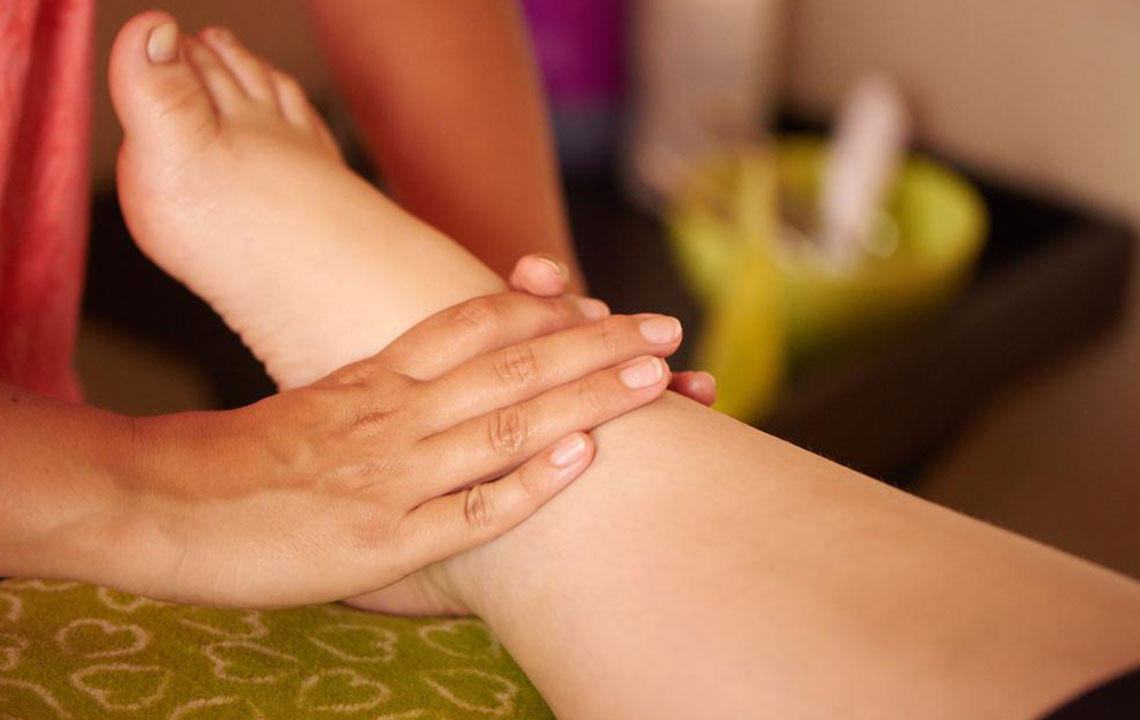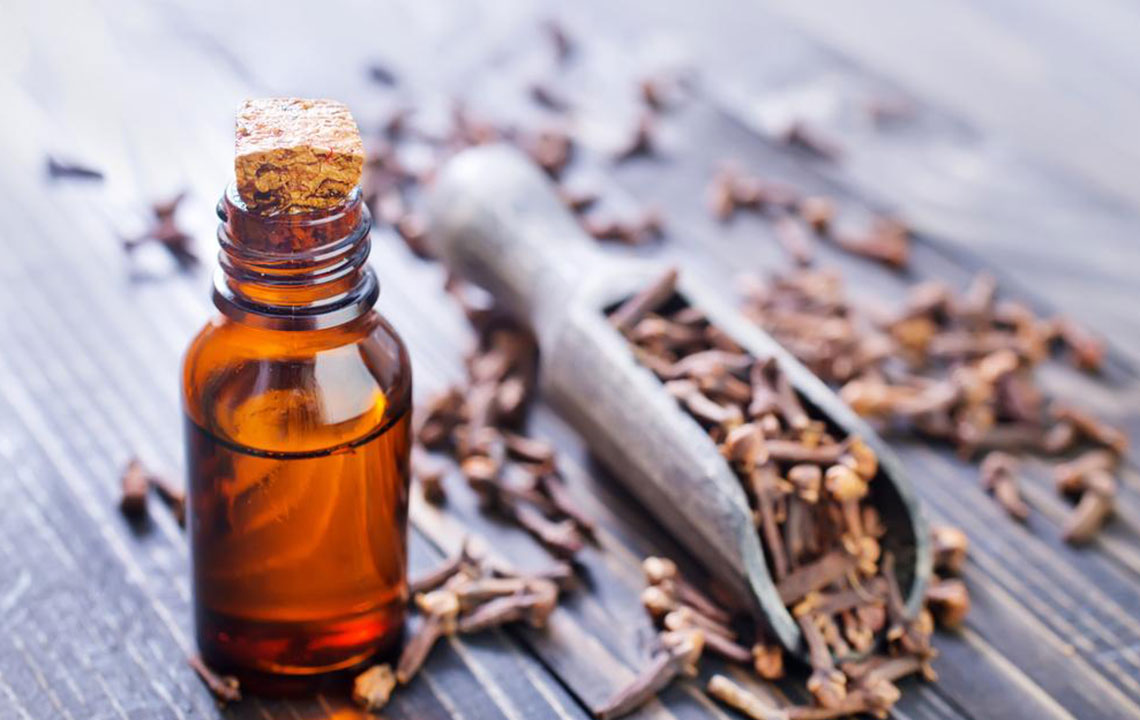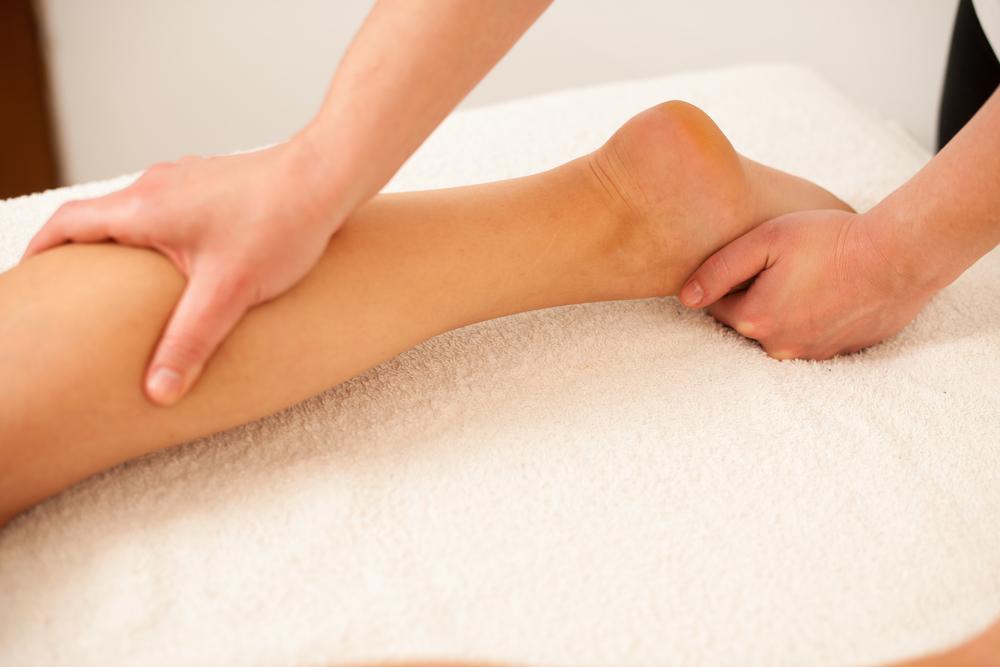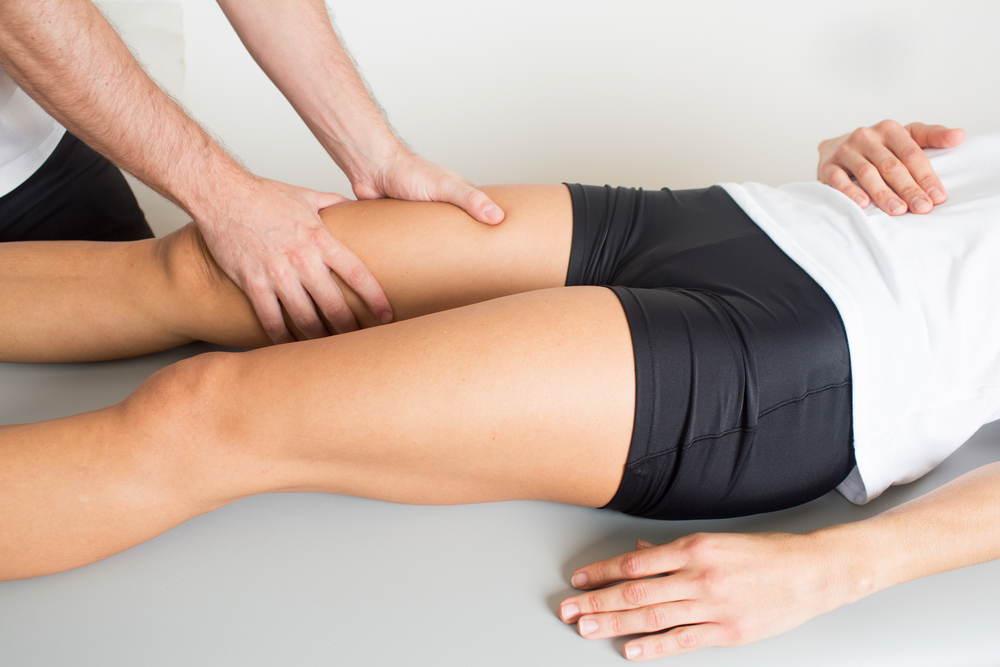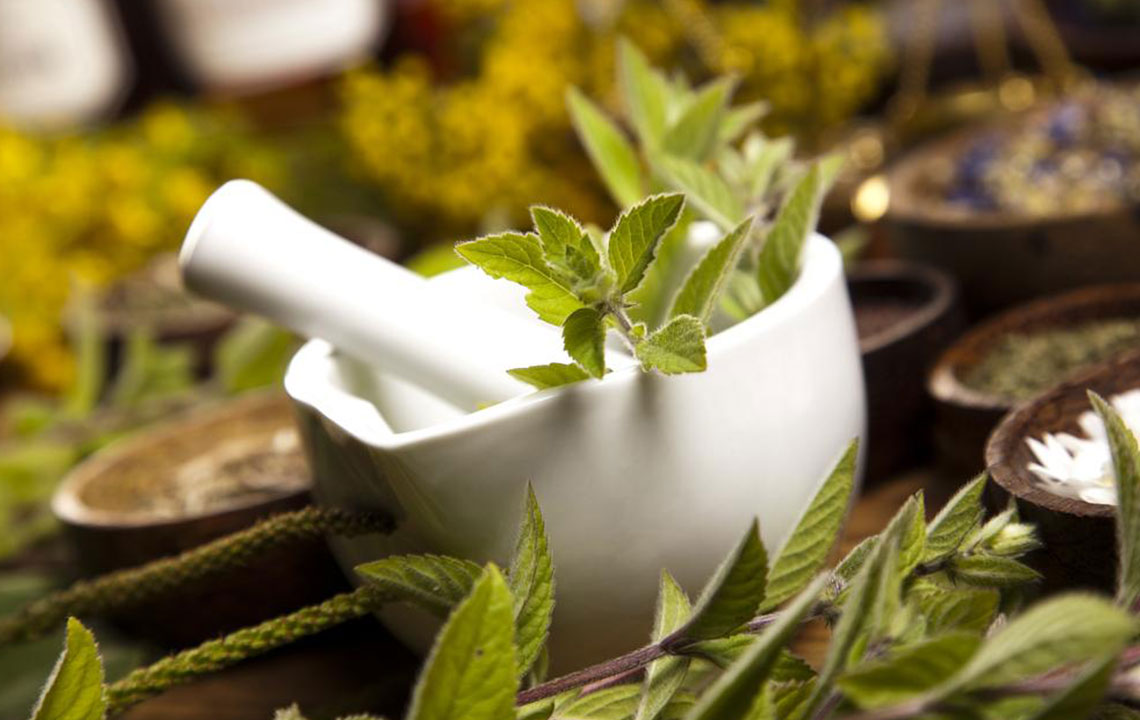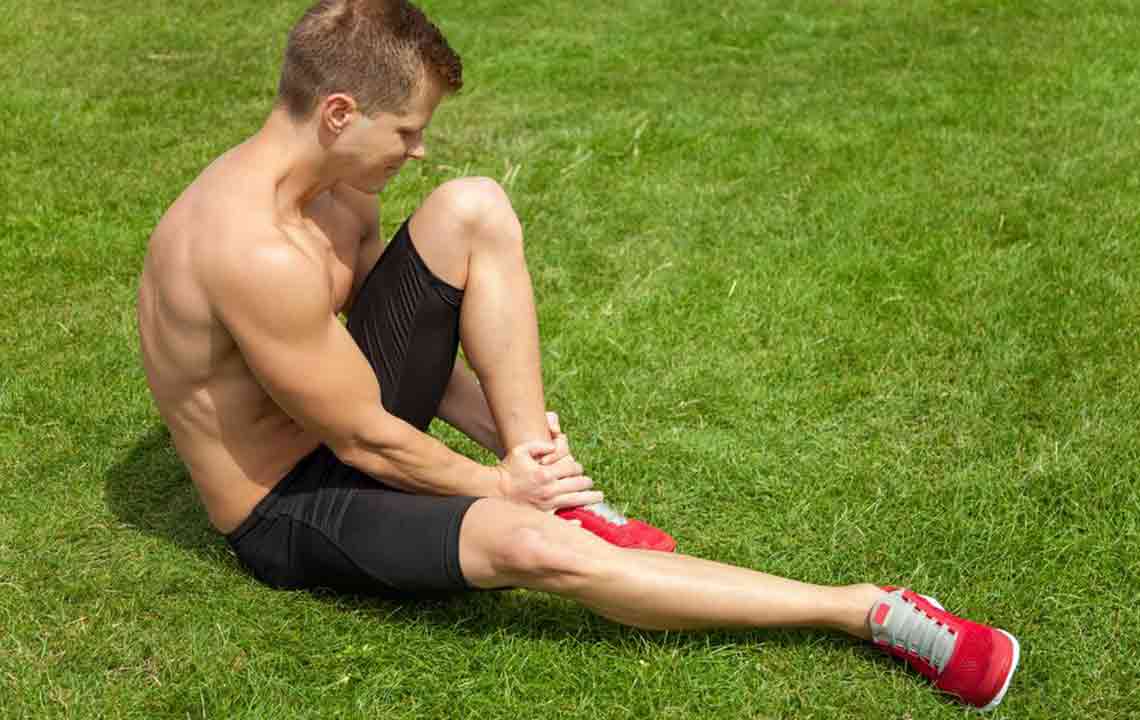Effective Home Treatments for Swollen Feet and Ankles
This article offers practical home remedies and preventive tips for relieving swollen feet and ankles. Common causes include prolonged standing, high salt intake, pregnancy, and hormonal changes. Simple measures such as elevating legs, staying hydrated, and eating potassium-rich foods can significantly reduce swelling. Recognizing when to seek medical attention is also emphasized. Maintaining a healthy lifestyle can help prevent recurrent swelling and improve comfort in daily life.
Sponsored
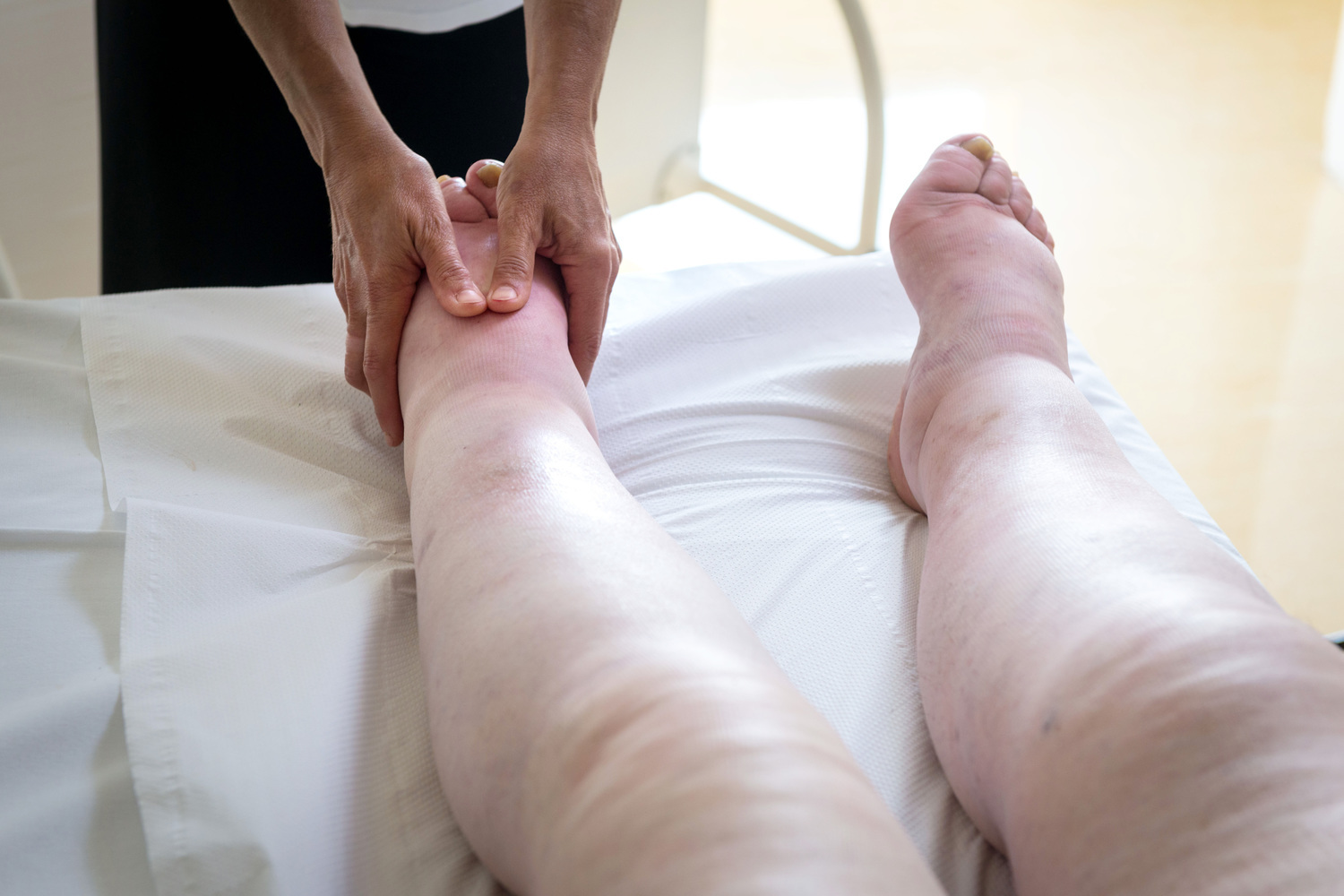
Swelling in the feet and ankles can stem from various reasons, such as pregnancy, injury, or prolonged standing. Usually, it's temporary and harmless, but discomfort can arise. To alleviate swelling and ease pain, simple home remedies can be effective. However, persistent swelling or accompanying symptoms should prompt a visit to the healthcare provider. Understanding the causes and remedies can help manage symptoms better and determine when medical attention is necessary.
What Causes Swollen Feet?
Standing or sitting for extended periods reduces blood flow, causing fluid buildup and swelling in the lower limbs.
High salt intake leads to water retention, resulting in swelling of the feet, legs, and sometimes other areas.
Pregnancy often causes swelling due to increased pressure on pelvic veins and hormonal changes. Excess weight can hinder proper circulation, leading to swelling. Hormonal shifts during menstrual cycles may also cause bloating and swelling. Lymphedema, a condition involving lymphatic system issues, can also cause persistent swelling.
When To Seek Medical Help?
Swelling accompanied by pain, shortness of breath, or fever.
Swelling in only one limb or associated with chest pain or persistent warmth and itchiness.
Home Strategies to Reduce Foot and Leg Swelling
Stay hydrated by drinking at least 8-10 glasses of water daily.
Elevate your legs and feet whenever possible, especially during sleep or pregnancy.
Include magnesium-rich foods like nuts, spinach, and avocados in your diet to reduce water retention.
Add potassium-rich foods such as bananas, sweet potatoes, and salmon to help regulate fluid balance.
Gentle massage of swollen areas can promote drainage and reduce discomfort.
Prevention Tips for Swelling
Maintain a healthy body weight and exercise regularly.
Eat a diet high in potassium and magnesium.
Drink plenty of water to support proper circulation.
Avoid long periods of standing or sitting without movement.
Limit salt intake to prevent water retention.

